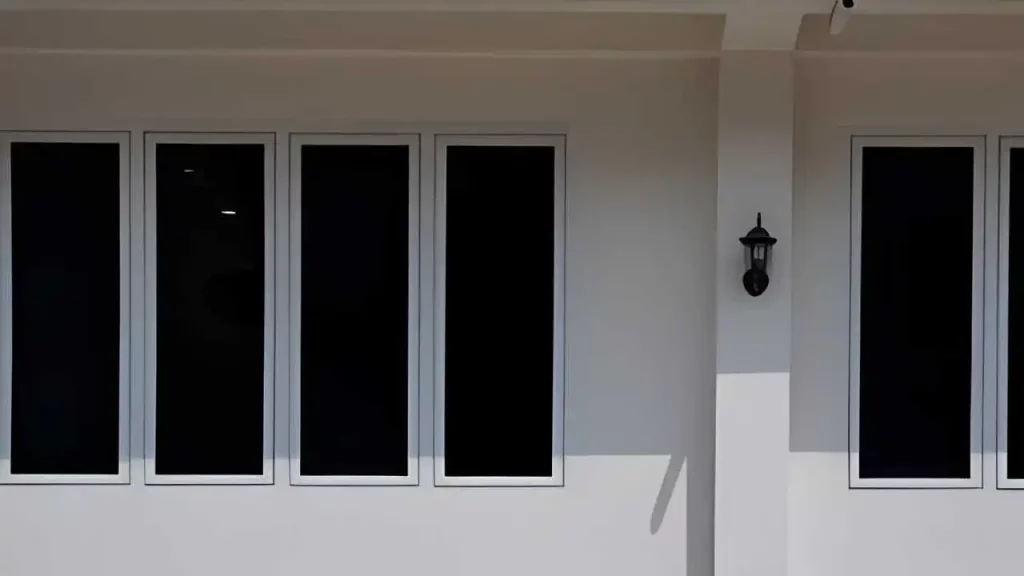
Window tinting isn’t just for cars anymore! Residential window tinting benefits offer a stylish and savvy upgrade to your home. Imagine more relaxed spaces, reduced glare, UV protection, and significant energy savings. Let’s dive into the advantages of this smart home improvement.
What is House Window Tinting?
Residential window film is a high-performance, thin film expertly applied to existing windows. These films use advanced materials to manage the level of sunlight, heat, and UV rays entering your home. It’s the ultimate pair of sunglasses for your windows!
Uncover the Key Benefits of Window Tinting for Your Home
- Slash Energy Bills: Window tint keeps your home noticeably more relaxed in summer and warmer in winter, leading to significant savings on your energy bills. This is a major benefit of window tinting for your home.
- Enhanced Privacy: Control your privacy without sacrificing natural light. Window tint benefits include the ability to see out while making it harder for others to see in.
- Enhanced Security: Certain security films strengthen windows, deterring potential break-ins.
- Fade Protection: Protect your furniture, floors, and skin from damaging UV rays that cause fading.
- Glare Reduction: Ditch the squinting! Window film minimizes glare, ensuring comfortable screen use and a more enjoyable view.
- Home Style Update: Choose from various film shades and styles to enhance your home’s curb appeal and interior design.
- Improved Health: Minimize glare, filter UV rays, and even reduce dust and pollen for a healthier living environment.
Professional Installation: The Key to Success
Tinting specialists are essential for proper residential window tinting. Improper installation risks damaging your windows and potentially voiding your window warranty (does tinting home windows void warranty?). Always choose experienced professionals for optimal results.
Typical Installation Process
- Consultation: Specialists assess your needs, measure windows, and guide you through film choices.
- Film Selection: Determine the perfect shade and type of film to achieve your goals.
- Prep Work: Windows are meticulously cleaned for flawless film application.
- Expert Installation: Specialists apply the film with precision.
- Final Inspection: A thorough examination ensures a perfect finish.
Conclusion: Why Window Tinting is a Home Essential
Window tinting delivers a surprising array of benefits: superior energy efficiency, privacy and security, UV protection, glare reduction, a design boost, and even health improvements.
Find a reputable tinting specialist for a personalized plan and explore the benefits of window film. Your search for a cooler, more comfortable home ends here!
FAQ's
The lifespan of window tinting depends on the type of film used, the climate, and the level of exposure to the elements. However, most window films will last for several years.
Tinted windows can be cleaned using mild soap and water. Be sure to avoid using abrasive cleaners or chemicals, as these can damage the film.
Yes, window tinting can be removed by a qualified professional. However, it is important to note that this process can be time-consuming and costly.
